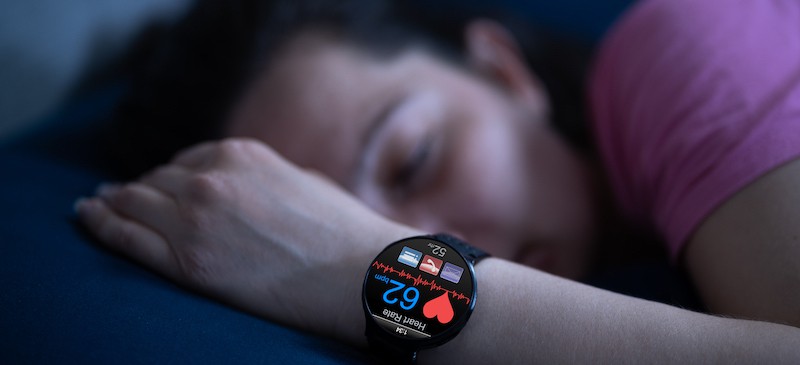This Dr. Axe content is medically reviewed or fact checked to ensure factually accurate information.
With strict editorial sourcing guidelines, we only link to academic research institutions, reputable media sites and, when research is available, medically peer-reviewed studies. Note that the numbers in parentheses (1, 2, etc.) are clickable links to these studies.
The information in our articles is NOT intended to replace a one-on-one relationship with a qualified health care professional and is not intended as medical advice.
This article is based on scientific evidence, written by experts and fact checked by our trained editorial staff. Note that the numbers in parentheses (1, 2, etc.) are clickable links to medically peer-reviewed studies.
Our team includes licensed nutritionists and dietitians, certified health education specialists, as well as certified strength and conditioning specialists, personal trainers and corrective exercise specialists. Our team aims to be not only thorough with its research, but also objective and unbiased.
The information in our articles is NOT intended to replace a one-on-one relationship with a qualified health care professional and is not intended as medical advice.
Study Reveals Link Between Sleep and Heart Disease
October 30, 2023

Heart disease continues to be the No. 1 cause of death in the United States, and it’s led health and nutrition researchers to investigate both the causes and methods to prevent and combat this chronic condition. One factor recently unearthed that appears to play a role in heart disease risk is sleep, according to a study published in Scientific Reports.
Considering we know sleep has a role in so many aspects of health, this isn’t all that surprising, and the results show the importance of getting an ideal amount of sleep per night in order to help protect heart health.
Study: Link Between Sleep and Heart Disease
In order to examine the effects sleep holds on potential heart issues, researchers form the University of South Florida (USF) took a look at self-reported sleep characteristics and heart disease history for 6,820 adults with a medium age of 53.4 years old.
The study authors “tested two sleep health composites, based on self-report only and both self-report and actigraphy, across multiple sleep dimensions. We used a weighted sum approach, where higher scores indicated more sleep health problems.”
What did the researchers find? They reported that “the risk of heart disease can increase by as much as 141 percent” when coupled with poor sleep, as noted in a USF press release.
That’s not all. They also found that:
- Sleep regularity, satisfaction, alertness during waking hours, timing of sleep, sleep efficiency and sleep duration all had effects on heart disease risk.
- Each additional sleep problem was associated with a 54% increase in heart disease risk.
“These findings show the importance of assessing ‘co-existing sleep health problems’ within an individual to capture the risk of heart disease. This is one of the first studies showing that, among well-functioning adults in midlife, having more sleep health problems may increase the risk of heart disease,” said lead author Soomi Lee, assistant professor of aging studies and director of the STEALTH lab at USF. “The higher estimated risk in those who provided both self-report and actigraphy sleep data suggests that measuring sleep health accurately and comprehensively is important to increase the prediction of heart disease.”
This makes it vital to address insomnia and sleep deprivation issues.
Tips for Better Sleep
The good news is there are several ways to promote better sleep, which in turn aids heart health. Here are some ways to get the rest you need:
- Try natural sleep aids, including sleep-promoting foods, calcium, magnesium, essential oils, passion flower, valerian root and St. John’s wort.
- Practice sleep hygiene tips, such as sticking to a bedtime schedule and routine, making your sleep environment comfortable, and more.
- Master the best sleep positions for proper slumber.
- Do a sleep meditation.
- Manage stress levels.
- Avoid blue light at night.
- Increase natural light exposure during the day.
- Exercise.
In addition, make sure to eat more heart-healthy foods, stop smoking, avoid inflammatory foods and move your body to protect your heart.


